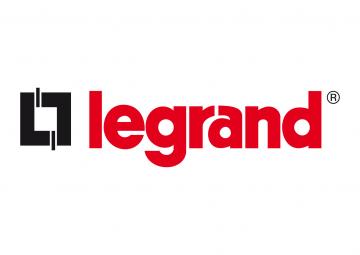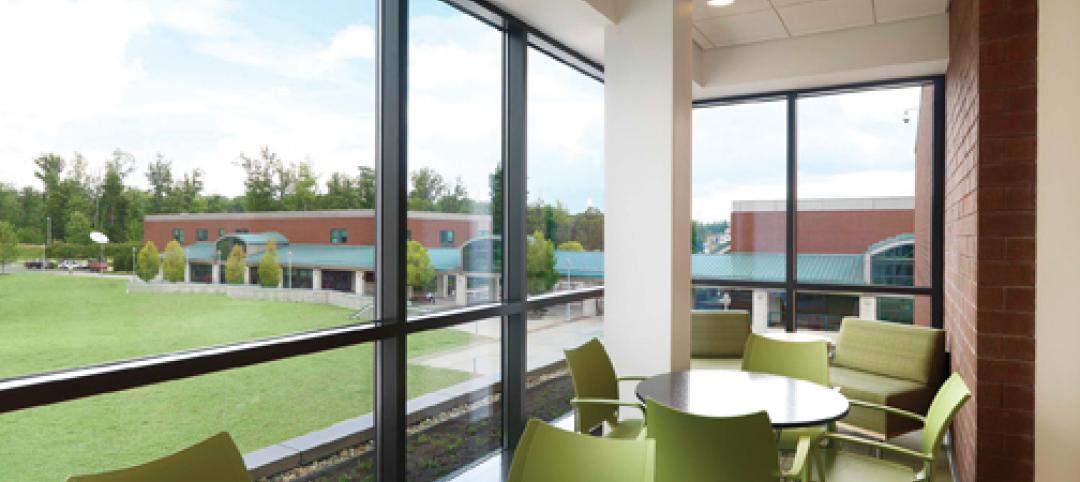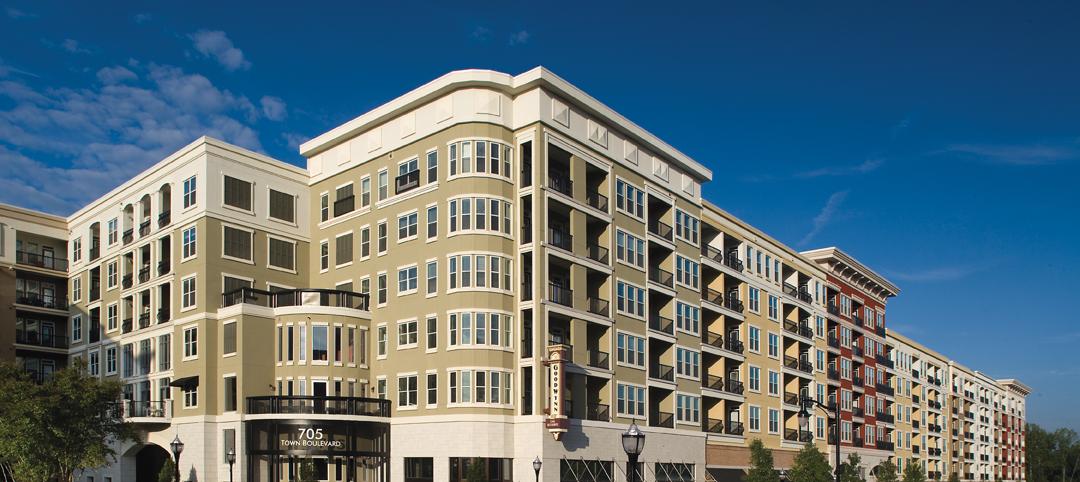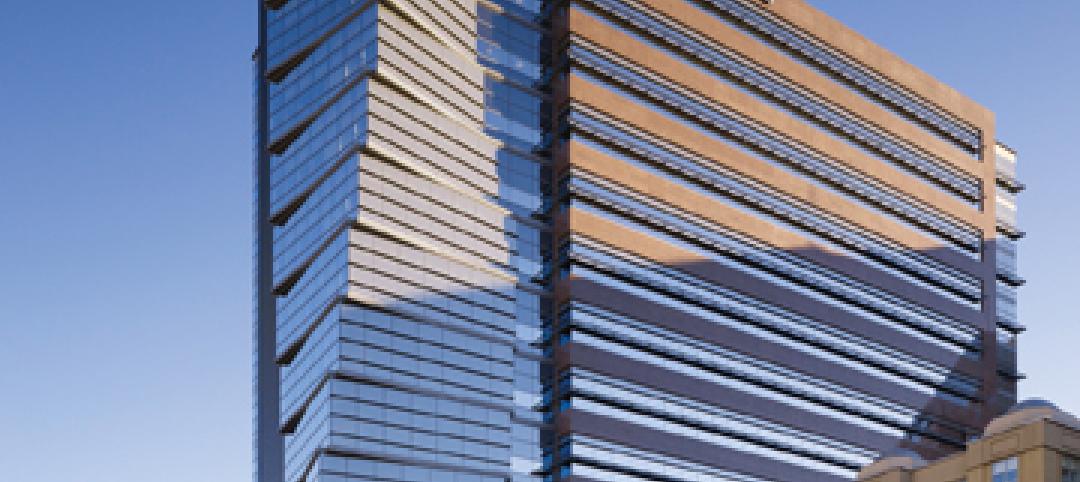At VERGE SF, Legrand announced it is sharing key energy savings resources that have been developed as part of a successful effort to significantly reduce energy intensity across its North American facilities. These resources can be used by manufacturing companies and other organizations to develop and implement energy and cost savings programs for their businesses.
The first energy savings resource, a 16-page Energy Management Handbook, is a straightforward tool to help companies take a practical and logical approach to launching an energy management program. The handbook draws on key learnings from Legrand’s efforts to reduce energy consumption. It outlines a four-step process: Making a Commitment, Assessing Your Current State of Energy Use, Creating an Action Plan, and Reporting and Evaluating Progress. The handbook is available for download at www.legrand.us/sustainability.
The second resource is a new Energy Project Evaluation Tool, an interactive spreadsheet that shows companies where to start on their energy savings journey. To explain the Energy Project Evaluation Tool, Legrand will offer Web-based learning modules.
Both energy savings resources are offered at no cost as part of Legrand’s ongoing commitment to share resources it is developing as it reduces energy intensity across its North American facilities.
“Legrand is working to make dramatic improvements in energy management across our North American sites – from office buildings to warehouses to factories," said Susan Rochford,Vice President of Energy Efficiency, Sustainability & Public Policy for Legrand North America. "At VERGE SF, I am sharing the story of our public commitment – as part of the Department of Energy’s Better Buildings, Better Plants Challenge – where in two short years, we achieved a 20.2 percent energy intensity reduction across our facilities.”
Added Legrand North America President and CEO John Selldorff, “The success we’ve witnessed in the last two years has stemmed not only from the implementation of energy projects, but from a holistic framework that includes initiatives aimed at engaging employees in energy savings, establishing visible energy goals and accountability to meet them, and launching a common company-wide approach to tracking, reporting, and analyzing energy use – this is our focus on people, processes, and technology. We’re committed to sharing our energy savings resources with other companies who may be starting or are in the middle of their sustainability journey.”
According to Joel Makower, Executive Editor of GreenBizGroup and host of the VERGE SF conference, “Legrand is taking a major step in freely sharing the resources it has developed, including its own best practices, with other organizations. This showcases the power of working together - across companies and sectors – to optimize everyone’s energy use. We’re excited to hear their success story and support them in sharing their tools with other companies around the world.”
Related Stories
| Jan 25, 2011
Sherwin-Williams Zero-VOC Claim Misleading, Says BBB
In a move that could prompt industry-wide changes to claims about volatile organic compounds (VOCs), the Better Business Bureau’s National Advertising Division (NAD) has told Sherwin-Williams it should stop marketing its Harmony line of paints as “zero-VOC.” Sherwin-Williams said it will accept NAD’s decision and will take the findings into consideration in its future advertising.
| Jan 25, 2011
InterContinental Hotels Group gets LEED pre-certification
InterContinental Hotels Group, the world's largest hotel group by number of rooms, announced that its in-house sustainability system Green Engage has been awarded LEED volume pre-certification established from the USGBC and verified by the Green Building Certification Institute. IHG is the first hotel company to receive this award for an existing hotels program.
| Jan 21, 2011
Combination credit union and USO center earns LEED Silver
After the Army announced plans to expand Fort Bliss, in Texas, by up to 30,000 troops, FirstLight Federal Credit Union contracted NewGround (as CM) to build a new 16,000-sf facility, allocating 6,000 sf for a USO center with an Internet café, gaming stations, and theater.
| Jan 21, 2011
Sustainable history center exhibits Fort Ticonderoga’s storied past
Fort Ticonderoga, in Ticonderoga, N.Y., along Lake Champlain, dates to 1755 and was the site of battles in the French and Indian War and the American Revolution. The new $20.8 million, 15,000-sf Deborah Clarke Mars Education Center pays homage to the French magasin du Roi (the King’s warehouse) at the fort.
| Jan 21, 2011
Virginia community college completes LEED Silver science building
The new 60,000-sf science building at John Tyler Community College in Midlothian, Va., just earned LEED Silver, the first facility in the Commonwealth’s community college system to earn this recognition. The facility, designed by Burt Hill with Gilbane Building Co. as construction manager, houses an entire floor of laboratory classrooms, plus a new library, student lounge, and bookstore.
| Jan 21, 2011
Upscale apartments offer residents a twist on modern history
The Goodwynn at Town: Brookhaven, a 433,300-sf residential and retail building in DeKalb County, Ga., combines a historic look with modern amenities. Atlanta-based project architect Niles Bolton Associates used contemporary materials in historic patterns and colors on the exterior, while concealing a six-level parking structure on the interior.
| Jan 21, 2011
Research center built for interdisciplinary cooperation
The Jan and Dan Duncan Neurological Research Institute at Texas Children’s Hospital, in Houston, the first basic research institute for childhood neurological diseases, is a 13-story twisting tower in the center of the hospital campus.
| Jan 4, 2011
6 green building trends to watch in 2011
According to a report by New York-based JWT Intelligence, there are six key green building trends to watch in 2011, including: 3D printing, biomimicry, and more transparent and accurate green claims.
| Jan 4, 2011
LEED standards under fire in NYC
This year, for the first time, owners of 25,000 commercial properties in New York must report their buildings’ energy use to the city. However, LEED doesn’t measure energy use and costs, something a growing number of engineers, architects, and landlords insist must be done. Their concerns and a general blossoming of environmental awareness have spawned a host of rating systems that could test LEED’s dominance.












